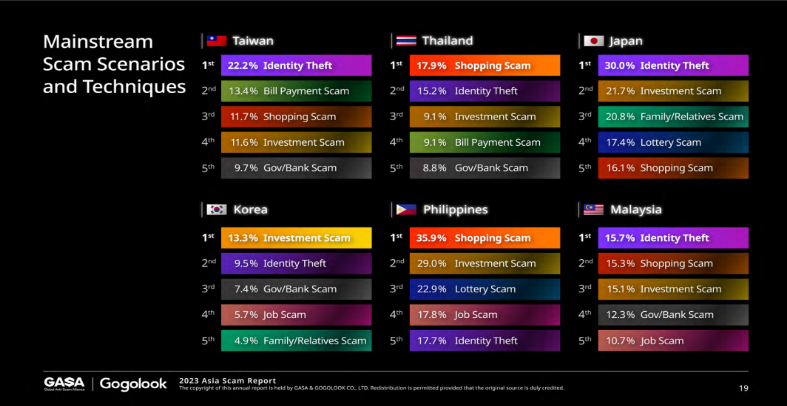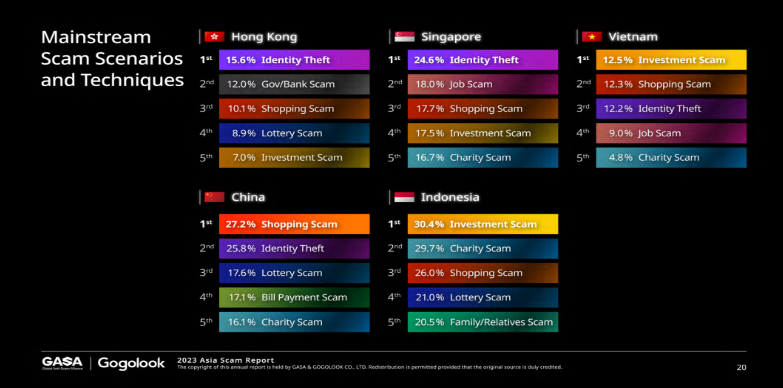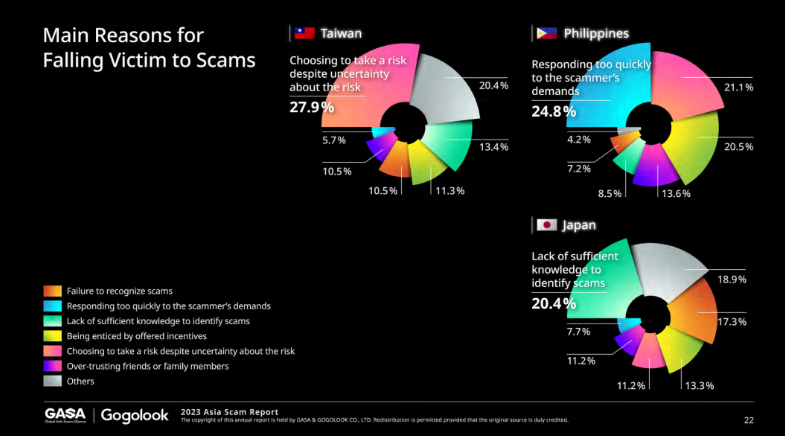At A Glance
- The Cybercrime Investigation and Coordinating Center (CICC) warns the public about a high shopping scam rate in the Philippines, reaching 35.9%, the highest among 11 Asian countries surveyed.
- The 2023 Asia Scam Report, released at the 1st Anti-Scam Asia Summit in Taipei, reveals data from nearly 20,000 respondents across 11 countries, identifying shopping scams as one of nine mainstream scam scenarios.
- CICC Executive Director Alexander K. Ramos urges caution during online Christmas shopping, citing the observed increase in shopping scams during the holiday season. The report indicates that Filipinos are vulnerable due to their mindset, quick response to scammers' demands, and susceptibility to false promises. The CICC encourages victims to report incidents by calling 1326.

The Cybercrime Investigation and Coordinating Center is advising the public to be extra careful in doing their Christmas shopping online as the shopping scam rate in the country reached 35.9 percent which is the highest among 11 Asian countries surveyed.
The 2023 Asia Scam Report released at the 1st Anti-Scam Asia Summit in Taipei was published by GASA and Gogolook and was based on data collected from nearly 20,000 respondents across 11 countries in Asia including the Philippines, Taiwain, Thailand, Japan, Korea, Malaysia , Hong Kong, Singapore, Vietnam , China and Indonesia.

Shopping scam was one of the nine mainstream scam scenarios and techniques identified in the Asian countries surveyed. Other scams included identity theft, investment scam, government/bank scam, job scam, lottery scam , family/relatives scam, bill payment scam and charity scam.
CICC Executive Director Alexander K. Ramos reiterated his appeal to the public to be careful when they do their online shopping especially during the yuletide season.

“Based on our observation, shopping scams usually increase during the Christmas season,” he said.
“Scammers take advantage of the high volume of online shopping and people’s vulnerability during this period,” Ramos explained.
The mindset and immediate response of Filipinos when confronted with scams makes them vulnerable to fall into traps, according to Ramos.
“Some people easily believe on false promises even if they are too good to be true,” he said.

Based on the Asia Scam Report, 24.8 percent of Filipino victims respond too quickly to scammers’ demands and 21.1 percent of victims chose to take a risk despite uncertainty about the risk. Other reasons for vulnerability include being enticed with incentives and over trusting with friends and family members.
CICC is appealing to the public to call 1326 if they are victims of shopping scams and other cybercrimes.